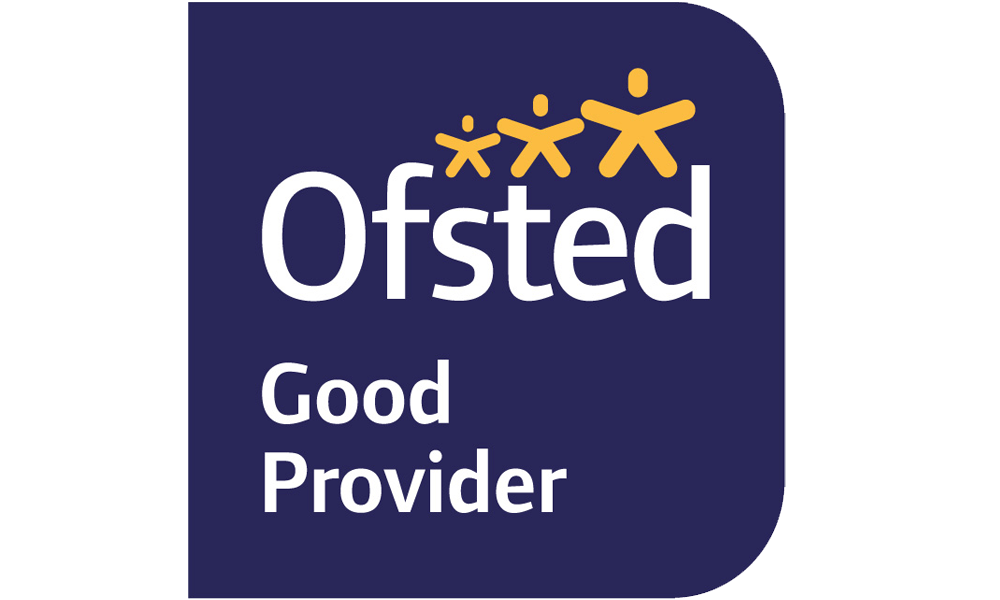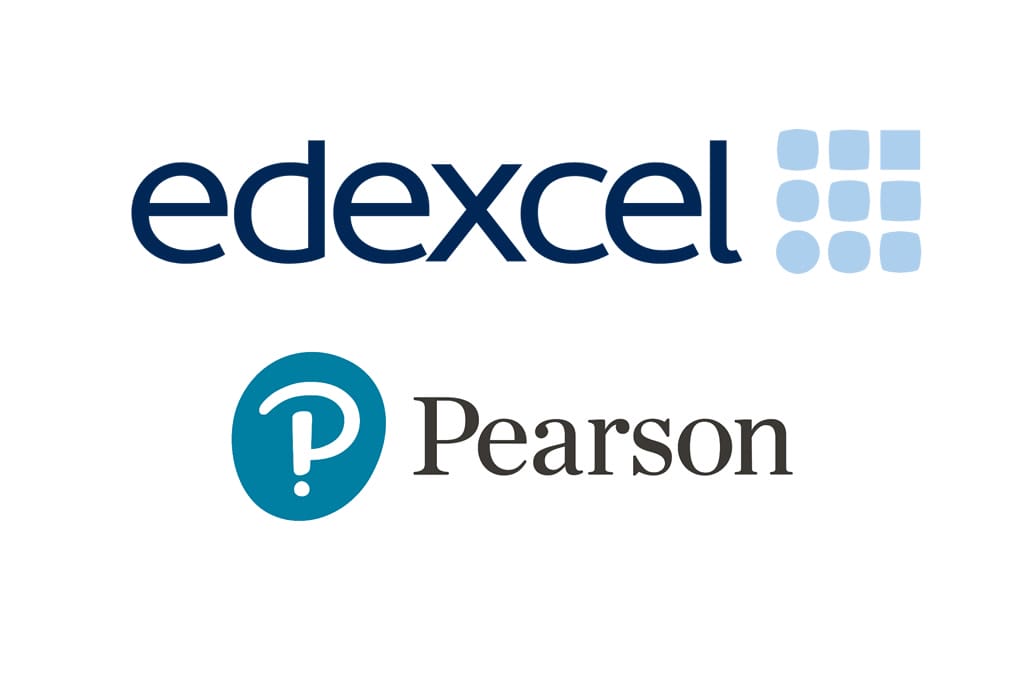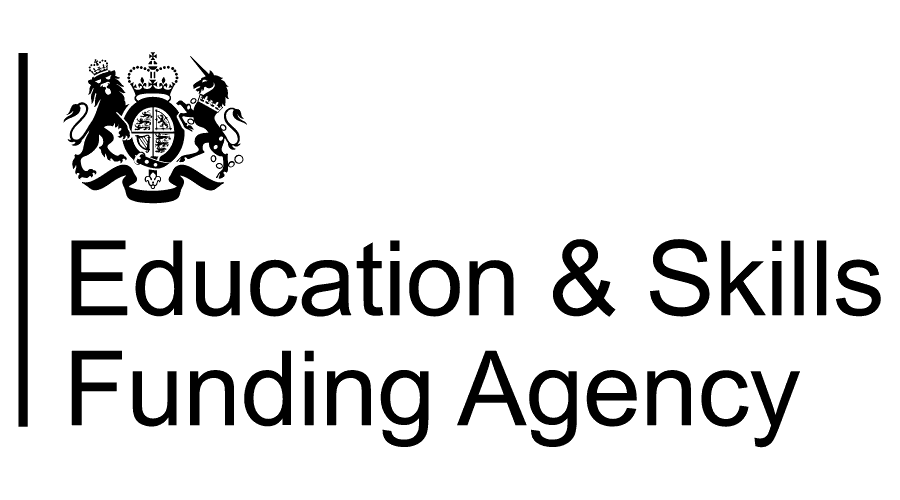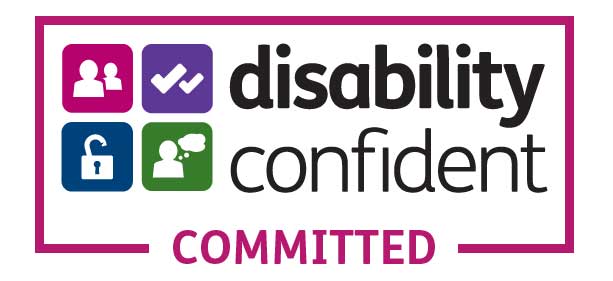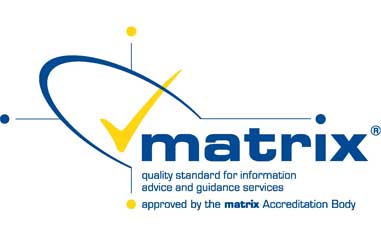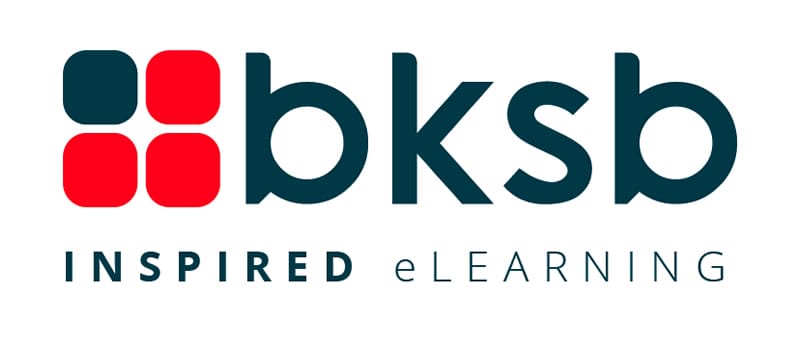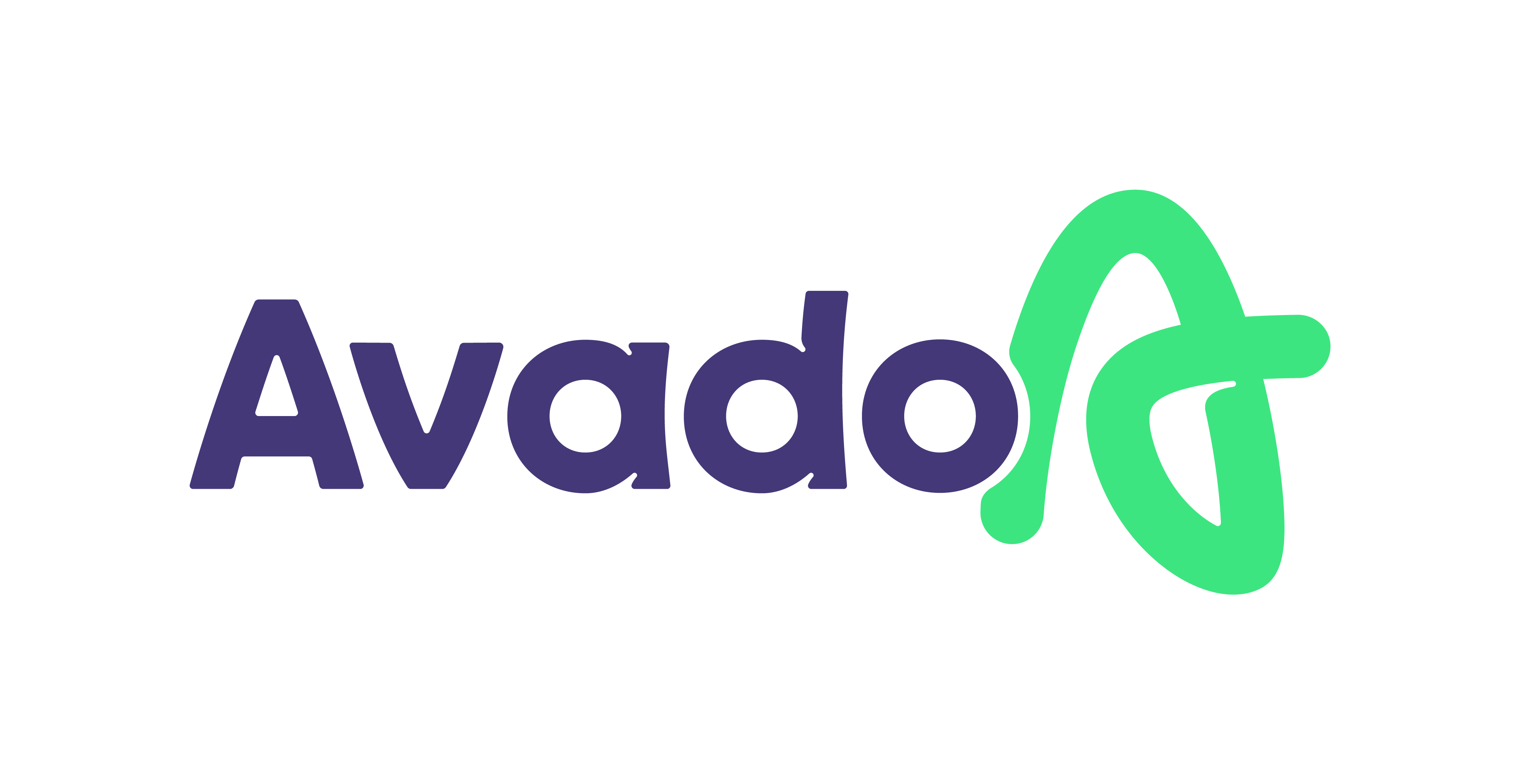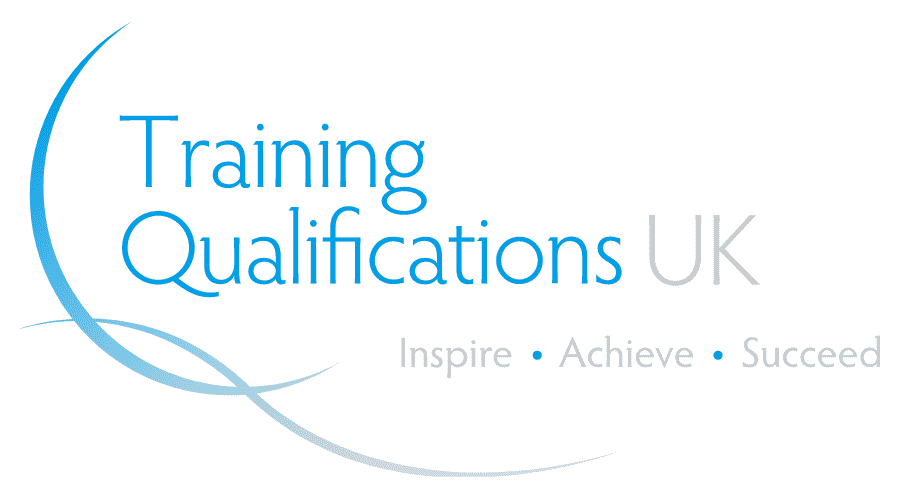Retention and Return: Delivering the Expansion of Early Years Entitlement in England

Introduction:
In the wake of the 2023 Spring Budget’s significant boost in early years funding, a critical element has emerged as a cornerstone of these reforms: the focus on early years mathematics education.
While the government anticipates that hundreds of thousands of families will benefit from the ‘extended entitlement’, recent research from the Early Education and Childcare Coalition (EECC) in partnership with the University of Leeds has highlighted a growing workforce crisis in the early years sector.
The Challenge of Early Years Mathematics Education:
The importance of high-quality early mathematics teaching is undeniable. It lays the foundation for children’s later success in academic and life pursuits.
The 2021 EYFS (Early Years Foundation Stage) education reforms aimed to enhance early years outcomes by strengthening areas like mathematics in the EYFS curriculum.
Sector Response to Level 2 Maths Requirement:
However, challenges have been identified with the Level 2 maths requirement for early years practitioners.
Feedback from the sector suggests that this requirement has been a barrier to fully utilising qualified and experienced staff. Furthermore, a Level 2 maths qualification does not necessarily equip practitioners with the skills needed to effectively teach early maths to young children.
Proposed Changes and Sector Feedback:
In response to these concerns, the government is set to remove the Level 2 maths qualification requirement for practitioners within the Level 3 staff-child ratios, as outlined in the development matters guidance.
Instead, this requirement will be shifted to setting managers. Such a change is expected to alleviate recruitment and retention pressures, as indicated by 67% positive sector response and 68% of providers stating it would ease staff recruitment.
Support and Professional Development:
To ensure continuous improvement in early years maths pedagogy, the department has strengthened the Early Years Educator (Level 3) criteria and funded support through the Early Years Recovery Package.
This includes a new maths module in the Online Child Development Training programme and the early maths module in phase three of the Professional Development Programme (PDP 3), aiming to reach up to 10,000 practitioners.
Impact on Recruitment and Retention:
The recent EECC study reveals a significant recruitment and retention crisis in the early years sector. Almost 50,000 additional staff might be needed by 2024 and 2025 to maintain existing provision and cater to the expanded entitlement.
Only 17% of settings could increase the number of places offered, highlighting the need for more government support and funding.
Conclusion:
The government’s decision to shift the Level 2 maths qualification requirement from practitioners to setting managers is a strategic move to balance the quality of early years maths education with the practicalities of workforce challenges.
This change, effective from January 4, 2024, applies to new managers or those transitioning to new roles, ensuring a smooth transition and continued excellence in early years education.
The removal of maths from the apprenticeship standard has not been agreed to date and so we’ll just have to keep our ears to the ground over the coming months.






